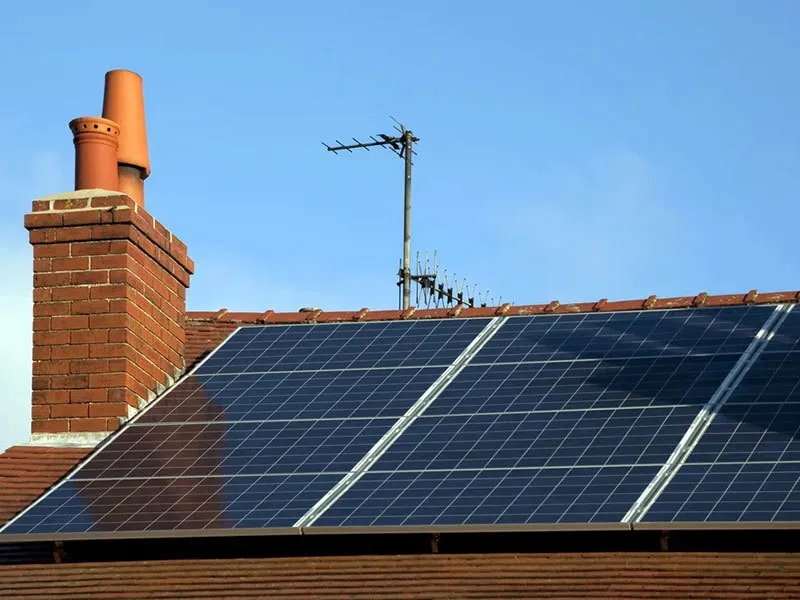current market prices for 250 watt solar panels and their economic implications for consumers
The Price of 250W Solar Panels A Comprehensive Overview
As the world increasingly turns towards renewable energy sources, solar power has become a prominent choice for homeowners and businesses alike. Among various solar panel options, the 250-watt (W) solar panel has emerged as a popular selection due to its balance between efficiency, size, and cost. In this article, we will explore the factors influencing the price of 250W solar panels, the advantages they offer, and the potential return on investment (ROI) for individuals considering this renewable energy solution.
Understanding the Price Factors
The price of 250W solar panels can vary significantly based on several key factors. Firstly, the brand and manufacturer play a crucial role in determining costs. Established companies often provide panels built with higher quality materials and advanced technologies, which can lead to higher price tags. Conversely, lesser-known brands may offer more budget-friendly options but might compromise on durability or efficiency.
Secondly, the region in which the panels are purchased can influence pricing. Due to shipping costs and local demand, prices may differ from one geographical area to another. Additionally, government incentives and rebates can also impact the final price. For instance, many countries offer tax credits or rebates for citizens installing solar panels, which can significantly lower the overall expenditure.
Another crucial aspect of pricing stems from technological advancements in solar panel manufacturing. Innovations such as monocrystalline solar cells often yield higher efficiency, which may lead to an increased initial cost but can provide significant savings in the long run due to their superior energy output.
Advantages of 250W Solar Panels
250wat solar panel price

The 250W solar panel offers several advantages that make it an attractive option for many. One notable benefit is its size. These panels are relatively compact, making them ideal for installation on rooftops with limited space. Their output is generally sufficient for powering a variety of household appliances, making them particularly appealing for residential use.
Moreover, the efficiency of 250W panels is another advantage. With advancements in solar technology, modern panels can convert sunlight into electricity more effectively than their predecessors. This efficiency means that users can generate more power even with fewer panels, enhancing overall energy production while saving on installation costs.
Return on Investment (ROI)
When considering the installation of 250W solar panels, potential buyers should evaluate the return on investment (ROI). The initial cost of purchasing and installing solar panels can be offset over time through savings on electricity bills. Depending on one's energy consumption and local electricity rates, homeowners can recoup their investment within a few years.
Furthermore, the increasing focus on sustainability also adds intangible value to investing in solar panels. Many individuals feel a sense of satisfaction from contributing to environmental conservation and reducing their carbon footprint. This societal shift towards greener practices is prompting many to switch to solar energy, further driving demand for solar products.
Conclusion
In summary, the price of 250W solar panels is influenced by various factors, including brand prestige, geographical location, and technological advancements. Despite potential higher upfront costs, the advantages and long-term savings associated with these solar panels make them a worthy investment for homeowners. With solar power continuing to rise in popularity, understanding the nuances of solar panel pricing and functionality is crucial in making an informed decision for a sustainable energy future.
-
Unlocking Energy Freedom with the Off Grid Solar InverterNewsJun.06,2025
-
Unlock More Solar Power with a High-Efficiency Bifacial Solar PanelNewsJun.06,2025
-
Power Your Future with High-Efficiency Monocrystalline Solar PanelsNewsJun.06,2025
-
Next-Gen Solar Power Starts with Micro Solar InvertersNewsJun.06,2025
-
Harnessing Peak Efficiency with the On Grid Solar InverterNewsJun.06,2025
-
Discover Unmatched Efficiency with the Latest String Solar InverterNewsJun.06,2025







